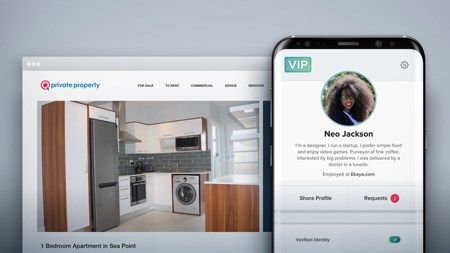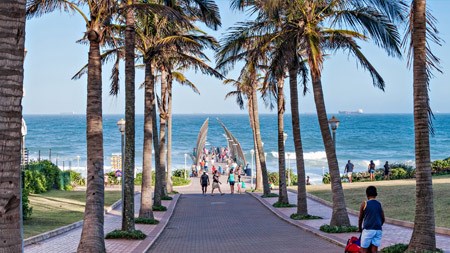Affordable rental programmes are subsided by government to help facilitate a better life for 4.5 million households in lower income groups. However, prospective lower-income buyers on long waiting lists have little choice other than to rent and wait.
Shortages of about 1 million new houses, which are driving up demand, have led to the lower income band of the market now showing the highest house price growth, at 7.5%.
Fortunately, tenants who participate in affordable rental programs can benefit from additional support programmes. Various choices are tailor-made by government and registered non-profit agencies, to allow rent-to-buy options. All participants are assured that their investments go toward quality projects that are aimed at urban restructuring, and sustainable housing.
One example is Community Residential Units, which are available to applicants who earn between R800 and R3 500 per month. These units can be accessed through local municipalities, which manage both the public rental stock and back-up services and are overseen by the Department of Human Settlements.
Other qualifying criteria require applicants to be local citizens who have financial dependants. Once declared suitable, the prospective tenants have to register on the Municipal Housing Demand Database, and then at local municipal housing offices once approval is received.
Other rental alternatives are available through any number of social housing projects. These entities are administered by accredited government agencies, and operate as registered non-profit Section 21 companies.
As rental or co-operative housing options, these cater for households earning between R1 501 and R7 500 per month. What is particularly helpful in these programmes is that qualifying tenants are able to access other social and community-integration projects, as well as financial support programs.
A list of fully accredited agencies managed by the Social Housing Regulator is published on the SHR website. Communicare is the oldest fully-accredited social housing non-profit company in South Africa. This agency currently manages over 3 500 rental units in Western Cape, which are typically in large apartment blocks that are close to public transport lines.
Applicants with various agencies are also reminded that institutional subsidies afford existing tenants in lower income groups of between R3 500 and R15 000 with the future opportunity of owning a home.
Investor support is further aided by government’s upgrading and renewal projects within this sector. Growing demand for quality housing in lower income groups has motivated recognition for innovation in building and design of affordable projects, through initiatives such as the upcoming Better Living Challenge.
Innovative, affordable and “green” home improvement solutions in three categories of houses, namely structural, comfortable and connected, will be showcased with generous cash awards to the three best overall entries, and three best students in October.
As innovative improvement solutions for existing low income housing are illustrated, the benefits of industry participation will now extend to tenants and buyers in the affordable housing market.




